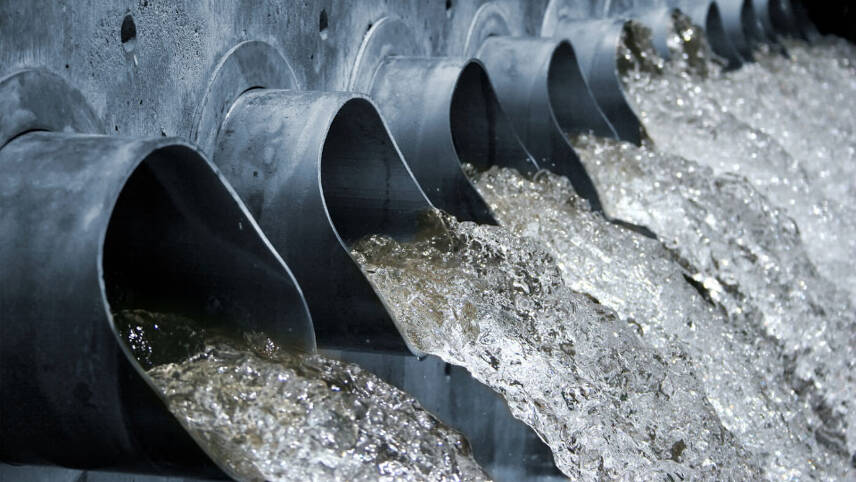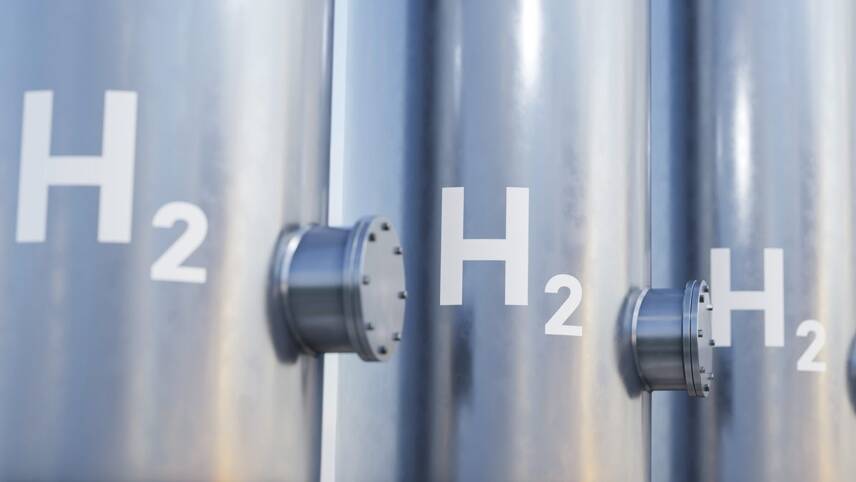WOBO appreciates the links to edie news.

EU countries divided over proposed corporate accountability rules
Several EU member states have yet to decide on their position on some key aspects of the EU’s draft law to hold companies accountable for human rights and environmental violations throughout their value chains.
EU countries and the European Parliament are currently discussing the proposed corporate sustainability due diligence directive (CSDDD), a law that would ensure large EU companies and companies operating in the Union are responsible for identifying, preventing and mitigating adverse impacts their activities have on the environment or human rights.
Negotiations are proceeding sluggishly, with a third round of negotiations last week haivng focused on technical aspects rather than the more contested elements of the directive, which include the scope of the directive.
“We’re advancing at the technical level,” an EU diplomat told EURACTIV, adding that there is good communication with the European Parliament negotiators.
In June, the European Parliament adopted a position considerably further-reaching than the Council’s approach agreed upon last December and, as a result, many countries have yet to finalise their position in view of the Parliament’s report.

Sewage spills: UK Government and water regulator may have broken environmental law
The UK’s post-Brexit environment watchdog has concluded that water regulator Ofwat, plus factions of the Government, may have flouted environmental laws by not properly regulating sewage overflows.
The Office for Environmental Protection (OEP) has today (12 September) stated, following a two-month investigation, that the three public authorities may have broken environmental law in regulation relating to combined sewer overflows.
During combined sewer overflows, sewage is allowed to spill – usually into rivers or oceans – to prevent the spill from going into buildings and roads. The practice is intended to help keep the sewage system running during periods of high rainfall, when the capacity of Victorian-era pipes can be exceeded.
Over the past few years, NGOs and residents in communities near water have been observing an increase in combined sewer overflows, even at times of low to no rainfall. Environment Agency data for 2021 states that untreated sewage was discharged into coastal bathing waters across England for a total of 160,000 hours, in 25,000 separate discharge incidents.
The Department for Food, the Environment and Rural Affairs launched a plan to reduce combined sewer overflows in summer 2022. This was backed with a vision for £56bn of private investment, but green groups stated that targets to gradually improve and reduce overflows represented a weakening on prior regulatory requirements.

From hydrogen to EVs: Government unveils winners of £46m green innovation funding
More than 20 UK businesses have received shares of a £46m funding pot from the Government to promote clean energy innovation including hydrogen, data centre chillers and alternatives to diesel for vehicles.
The UK Government has confirmed the 26 businesses and projects that have been granted funding for low-carbon innovation.
A total of £46m has been granted and will be shared across the successful applications, with the primary focus to help sectors switch to clean energy and decarbonisation in line with the overarching net-zero strategy for 2050.
Minister for Energy Consumers and Affordability Amanda Solloway said: “As we continue towards our goal of reaching net zero by 2050, we want to ensure businesses have all the support they need to power our transition to a cleaner, cheaper energy system.

Lords block Government plan to weaken water pollution rules for housebuilders
The UK Government’s proposals to relax water pollution requirements placed on housebuilders have been blocked after a rebellion in the House of Lords.
Several members of the House had been planning to oppose the Government’s plan to scrap a ‘nutrient neutrality’ requirement placed on developers since it was first announced last month. These members received an uplift of support at the vote on the amendment on Wednesday (13 September) after the Labour Party urged its members to block the changes.
In total, 192 members voted that they were ‘not content’ with the proposals, while 162 voted ‘content’. Every single Labour, Green and Lib Dem member of the house opposed the plans.

Report: No nation fully on track to phase out fossil fuels
Climate Action Tracker has published a new analysis revealing that no country is progressing adequately toward transitioning from fossil fuels to renewable energy generation, although the UK is nearing this goal.
Climate Action Tracker has established global and country-specific benchmarks for fossil gas, coal, and renewable energy shares in the power sector to monitor progress toward a decarbonised world.
Among the countries assessed are Australia, Brazil, Chile, China, the EU27, Germany, India, Indonesia, Japan, Mexico, Morocco, Turkey, South Africa, the United Arab Emirates, the UK,and the US.
According to the analysis, none of the countries examined possess explicit fossil gas phase-out plans, and the fossil gas pipeline currently surpasses that of coal.
Climate Action Tracker’s report lead author Neil Grant said: “Our global benchmark for renewables, mapped onto the national level, highlights the real opportunities for wind and solar expansion. Yet governments still appear to be hedging their bets and procrastinating on a fossil fuel phase-out.”
